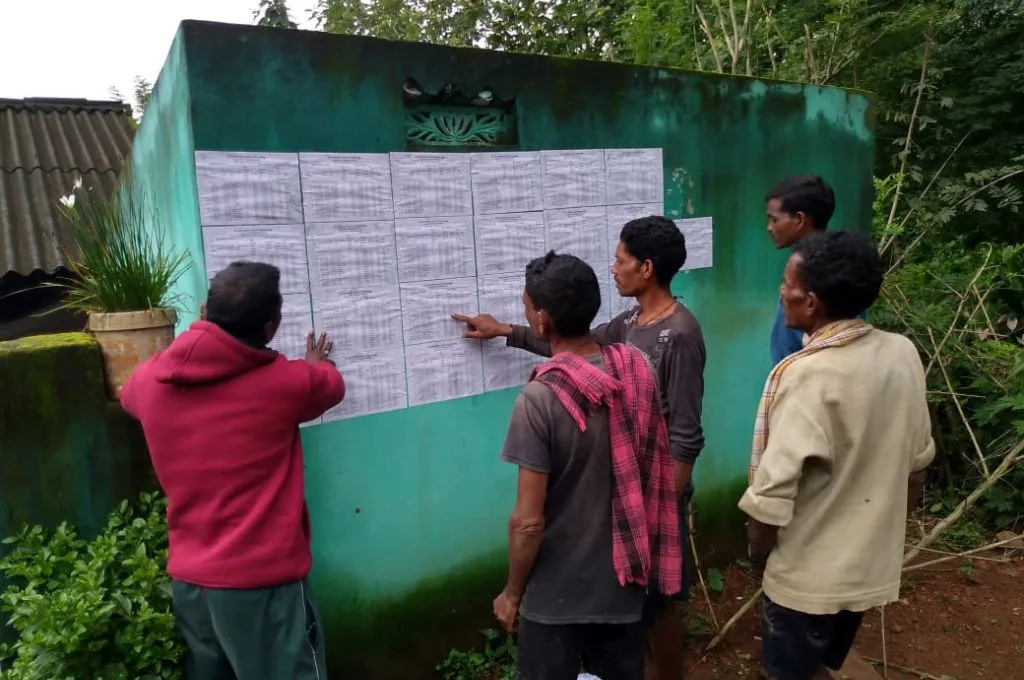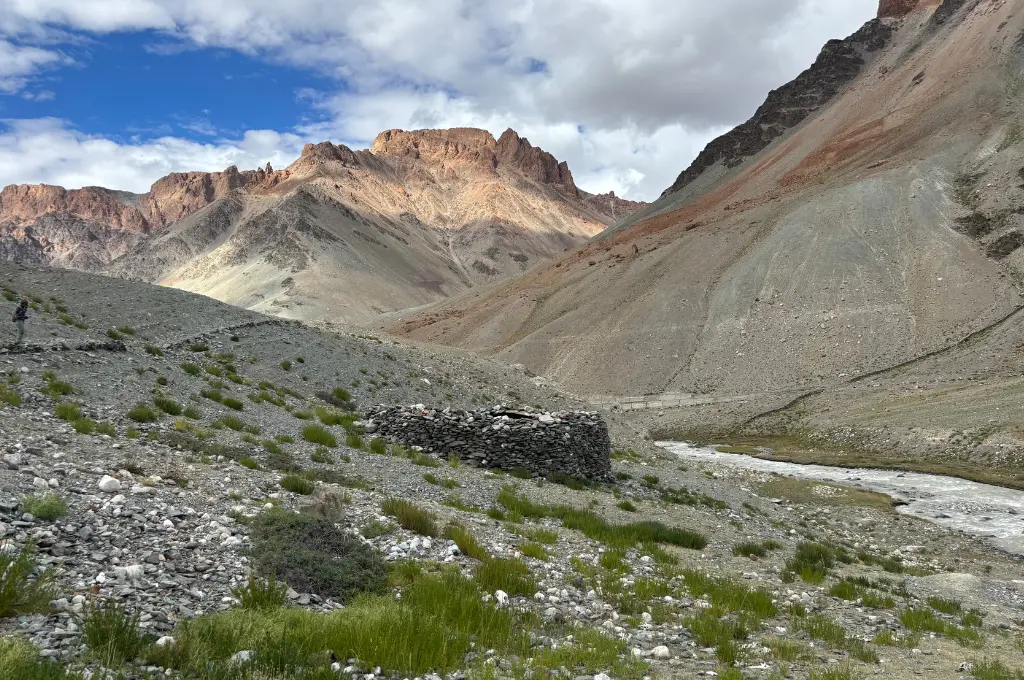Building connections
In the slum clusters of Shivaji Nagar, M East ward in Mumbai, water is scarce. Over 60 percent of residents buy water from private tankers and/or from those who have piped water connection in their homes, spending nearly 12 percent of their incomes. In Shivaji Nagar, the average monthly family income is INR 7,802.
Adarsh Nagar 1, one of the slums within Shivaji Nagar, has recently gotten a water connection, while Adarsh Nagar 2 does not have a regular supply of water. However, since March 23rd, the day of the lockdown in Mumbai, not a single household in Adarsh Nagar 2—out of 500 families in total—has had to buy water.
Why? Because Adarsh Nagar 1 has been sharing its water with them. “It’s a time of unprecedented crisis. We must take unprecedented steps to survive through this,” is the general refrain.
Mr. K*, who resides in Rafi Nagar 2, a slum directly opposite the Deonar dumping ground and adjacent to Adarsh Nagar, has been selling water in the locality for years. “Mera pani ka dhandha hai saheb (My business is water)…I earn INR 400 to 500 per month from each family I supply water to.”
For the past two weeks however, he has been distributing water for free. “Sabka rozgar band ho gaya hai (Everybody’s employment has ended)…how will people pay?”
An extraordinary crisis sometimes brings the best out of us.
*Names/initials changed to maintain privacy.
Arun Kumar is CEO at Apnalaya.



